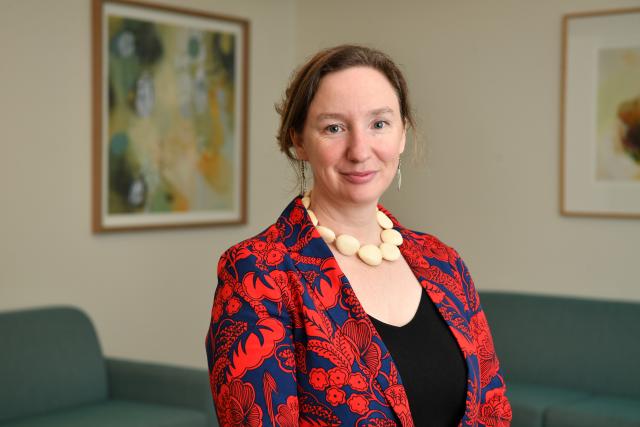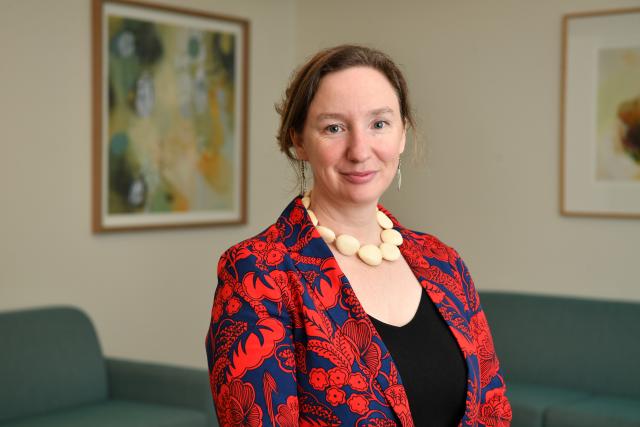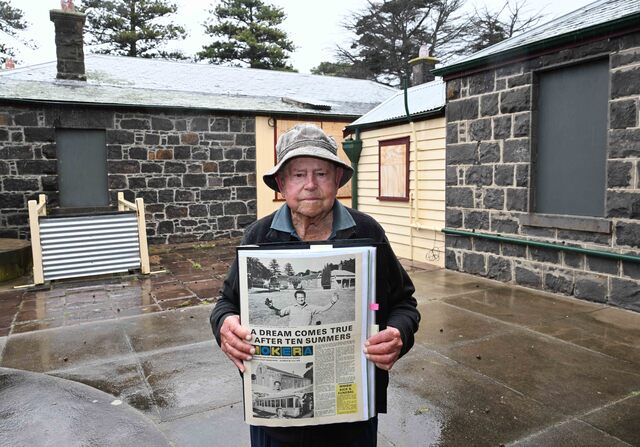A record number of people sought sexual assault counselling in Melbourne’s western suburbs during the last financial year.
According to the Western Region Centre Against Sexual Assault (WestCASA), 1200 new clients sought sexual assault counselling from the service in the year to July 2023.
WestCASA chief executive Elisa Buggy said the number was far greater than what they were capable of responding to.
“This year, WestCASA supported 360 new clients access to specialised sexual assault counselling, with hundreds more across our catchment area set to start in the future,” she said.
“Survivors of recent sexual assault have also been supported through in person advocacy and counselling during the reporting process and forensic examination, to ensure they are informed of their rights and options after the event,” she said.
On top of demand from the broader community, being the main sexual assault counselling service in the western suburbs means WestCASA looks after prison inmates too.
“In addition, through WestCASA partnership with the Justice Department, 475 women and gender diverse people were referred to WestCASA for trauma informed therapy and advocacy at the Dame Phyllis Frost Centre, with 172 people undergoing counselling,” Ms Buggy said.
“WestCASA provides people who are incarcerated, the majority of whom are on remand, specialist counselling and advocacy services including pre and post release support, group programs, staff training and a ‘wrap around’ support for each individual client.”
While the most recent crime figures showed a spike in offending in Wyndham, the number of sexual offences declined.
However, according to the Victorian Women’s Health Atlas, rates of family violence and intimate partner violence in Wyndham are still higher than the state’s average.
Ms Buggy said as a growing community, demand for their services in Wyndham and the western suburbs would likely remain high and that education was the key to bringing it down while still helping those in need.
“Prevention education has had profound success in reducing the stigma around this particularly complex trauma and empowering people in the community to support survivors in their recovery from sexual assault.”








